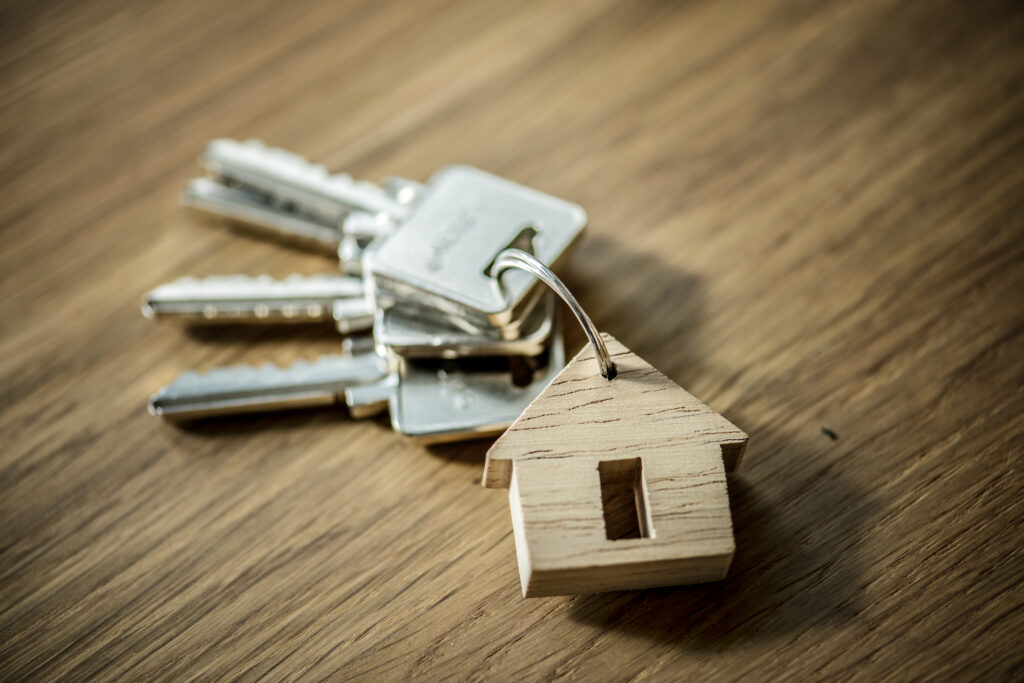Buying Your Home
Buying a home can be an exciting and emotional experience. As a local expert, you can rely on me to guide you through the process so you can feel comfortable and confident each step of the way.
Get Pre-Approved
The initial stage in purchasing a home involves verifying your your purchasing capacity. A licensed lender can assess your financial situation and issue a pre-qualification and then a pre-approval.
You are pre-qualified when the bank gives you a suggested price range based on your accounts, income and prevailing interest rates. The next step is getting pre-approved, a more rigorous review where the bank scrutinizes your assets, income and credit records to determine how much they’re willing to lend you, at which rate and with what terms.
The pre-approval letter is required in our market, where competitive scenarios and multiple offers are often the norm. Sellers won’t view offers from buyers without an accompanying bank pre-approval that has not expired, as it puts them at risk.
It’s critical to work with a lender capable of structuring loans in unique markets like ours.


The Home Search
We’re all just walking home, or so they say. But is walkability important to you? In my capacity as your real estate agent I’ll learn what you’re looking for and why. We’ll discuss your needs, wants and preferences, and then I will actively search for homes on your behalf.
When we find something you might like, we’ll visit the property together and I’ll share with you my insights regarding the local market, schools, value, quality, design and more. If you see something and like it, I’ll review all disclosures and provide a concise summary with context.
Throughout your home search process I will continue to provide my insights, guidance and expertise to find you a property you love.
Making an Offer
Pricing is both art and science. When you’re ready to make an offer, I’ll guide you through crafting a strong and rational offer that competes to win but also protects your financial interests.
In the case of a competitive or counter-offer scenario and negotiation, , I’ll represent your financial interests until an agreement is reached (or not).


Going Under Contract
Home Inspection
Seeing is believing and risk mitigation. The escrow period is when you can do your own deep analysis. You should hire a licensed home inspector to perform a thorough assessment of the property, highlighting any structural or systemic issues.
They also investigate things like pest infestations or mold.
Depending on the terms of the purchase agreement, this inspection might necessitate further negotiation rounds to address issues revealed during the subsequent inspection.


Home Appraisal
Here’s where working with a knowledgeable lender becomes critical. Your lender will coordinate a professional appraisal of the property. This appraisal is intended to be an impartial assessment of the home’s true value or fair market value (FMV) for all stakeholders in the transaction: the lender, seller and buyer.
If the appraisal comes in lower than the baseline required by the bank to fund the loan, you might be required to pay the difference between the appraisal and the sale price.
The Final Walk-Through
This walk-through serves as your last opportunity to identify issues with the property before the closing. You then sign a formal contract addendum affirming the completion of the walk-through and the satisfactory condition of the home.


Closing!
It’s time to celebrate. Your lender will provide you with a conclusive closing statement outlining loan terms, monthly payments, taxes, and other closing expenses. They will verify your clearance to close, and then you sign the paperwork to finalize your purchase and loan agreement.
Once all parties have signed the documents and your loan is funded, welcome home.
Moving Checklist
– Start A File: Create a “moving” file to keep track of vendor quotes, receipts and other records associated with your move.
– Create A Budget: Moving can be expensive! Evaluate your resources and establish a realistic budget for making your move.
– Request Estimates: Contact reputable moving companies to provide an in-home estimate. If you’re planning a DIY move, compare quotes from truck rental companies in your area.
– Get Some Help: Select a moving company and reserve your moving date. Some moving companies will even help you pack!
– Gear Up: Order boxes and other supplies such as tape, bubble wrap, labels and permanent markers.
– Sort & Purge: It’s a great time to get organized! Start sorting your closets, the garage and the attic.
– Out With The Old: Host a garage sale or donate your unwanted things to charity.
– Update School Records: If you have kids that are in school, arrange to transfer school records.
– Change Your Address: Pick up a change of address form from your local post office, or change your address online.
– Put Out The Word: Notify charge accounts, insurance companies, health-care providers and other organizations of your pending change of address.
– Box It Up: Begin boxing up your belongings, starting with items you won’t need to use for a few weeks.
– Label Your Life: Make unpacking easier by labeling boxes with the room they belong in.
– Disconnect: Schedule disconnects for utilities such as gas, electric, water, and telephone service. Arrange any refunds that are due and schedule connections for your new residence.
– Discontinue: Cancel newspapers, Internet, cable TV, security, pest control, cleaning help, lawn maintenance and any other services you subscribe to.
– Take A Day: Notify your team that you’ll be out of the office.
– Take Out The Laundry: Empty dresser drawers, cabinets, and other storage spaces and ensure that all furniture is empty.
– The Survival Kit: Pack a suitcase with items you can’t live without until you get moved in and unpacked.
– Final Scrub: Clean out the refrigerator, wipe down the sink and perform a final cleaning of your home.
– Book A Sitter: Arrange any moving-day needs for the kids and pets.
– Double-check The Details: Reconfirm the moving company’s arrival time and other details.
– Emergency Cash: Stash some cash, which may come in handy for a post-move pizza at the end of a long day!
– Rest Up: Be sure to get a good night’s sleep!
– Say Bye: Don’t forget to say goodbye to your neighbors
– Final Walk Through: Do a final walk of your home, turn off the lights and thermostat and lock all the windows and outside doors.
– Take Inventory: Before the movers leave, be sure to take an inventory of all your belongings to ensure nothing is missing.
DRE #02146835
